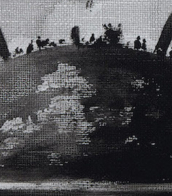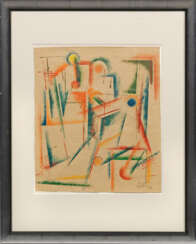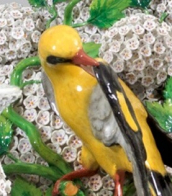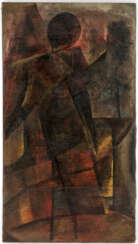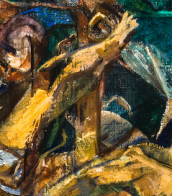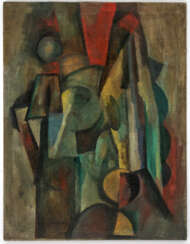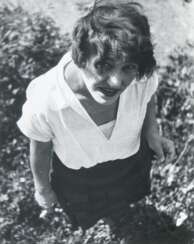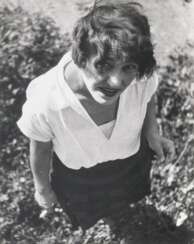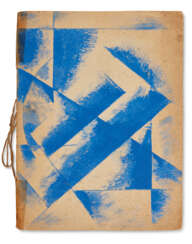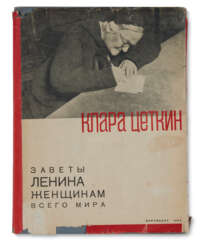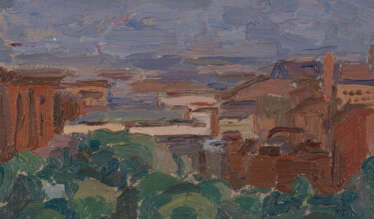varvara stepanova
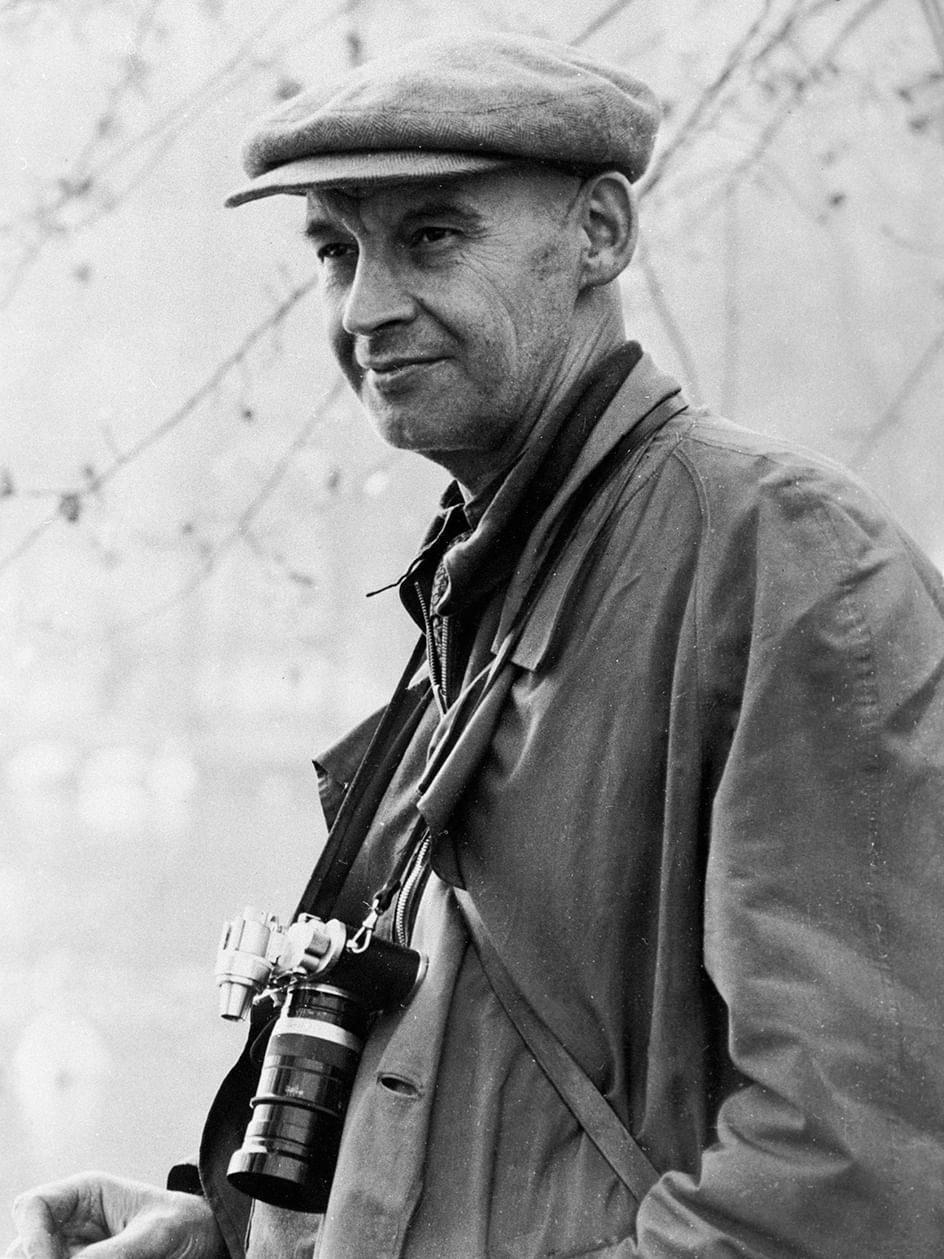
Aleksander Mikhailovich Rodchenko (Russian: Александр Михайлович Родченко) was a pivotal figure in the avant-garde movement of Russian art, whose innovative work spanned painting, sculpture, photography, and graphic design. Born in Saint Petersburg in 1891, Rodchenko emerged as a leading artist in the early 20th century, deeply influenced by the cultural upheavals of his time. His commitment to experimentation and his pursuit of new artistic forms and methods made him a central figure in the development of Constructivism, a movement that sought to apply art to practical and social purposes.
Rodchenko's art is characterized by its bold experimentation with perspective, form, and color. His photographic work, in particular, showcased his fascination with unusual viewpoints and his ability to transform ordinary subjects into dynamic compositions. This approach not only redefined photographic practice but also reflected his belief in the artist's role in constructing a new visual environment. Among his most recognized works are his series of abstract paintings, his design for the poster "Books (Please)! In All Branches of Knowledge," and his groundbreaking photography, which continues to influence artists today.
Rodchenko's contributions to art and design extend beyond his own creations. He was an influential teacher at the Higher Technical-Artistic Studios (VKhUTEMAS), a hotbed for avant-garde ideas and practices. His works are held in major museums and galleries worldwide, including the Museum of Modern Art in New York and the State Tretyakov Gallery in Moscow, testament to his enduring legacy in the art world.
For collectors and experts in art and antiques, Rodchenko's work offers a fascinating insight into the revolutionary spirit of early 20th-century Russian art. His innovative approach to form, combined with his commitment to using art as a tool for social change, makes his work highly sought after and continually relevant.
To stay informed about new product sales and auction events related to Aleksander Mikhailovich Rodchenko, sign up for our updates. This subscription is your gateway to the latest in the world of art collecting, ensuring you don't miss out on acquiring pieces from one of the avant-garde's most influential figures.
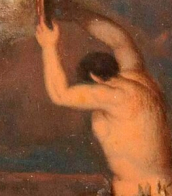

Aleksander Mikhailovich Rodchenko (Russian: Александр Михайлович Родченко) was a pivotal figure in the avant-garde movement of Russian art, whose innovative work spanned painting, sculpture, photography, and graphic design. Born in Saint Petersburg in 1891, Rodchenko emerged as a leading artist in the early 20th century, deeply influenced by the cultural upheavals of his time. His commitment to experimentation and his pursuit of new artistic forms and methods made him a central figure in the development of Constructivism, a movement that sought to apply art to practical and social purposes.
Rodchenko's art is characterized by its bold experimentation with perspective, form, and color. His photographic work, in particular, showcased his fascination with unusual viewpoints and his ability to transform ordinary subjects into dynamic compositions. This approach not only redefined photographic practice but also reflected his belief in the artist's role in constructing a new visual environment. Among his most recognized works are his series of abstract paintings, his design for the poster "Books (Please)! In All Branches of Knowledge," and his groundbreaking photography, which continues to influence artists today.
Rodchenko's contributions to art and design extend beyond his own creations. He was an influential teacher at the Higher Technical-Artistic Studios (VKhUTEMAS), a hotbed for avant-garde ideas and practices. His works are held in major museums and galleries worldwide, including the Museum of Modern Art in New York and the State Tretyakov Gallery in Moscow, testament to his enduring legacy in the art world.
For collectors and experts in art and antiques, Rodchenko's work offers a fascinating insight into the revolutionary spirit of early 20th-century Russian art. His innovative approach to form, combined with his commitment to using art as a tool for social change, makes his work highly sought after and continually relevant.
To stay informed about new product sales and auction events related to Aleksander Mikhailovich Rodchenko, sign up for our updates. This subscription is your gateway to the latest in the world of art collecting, ensuring you don't miss out on acquiring pieces from one of the avant-garde's most influential figures.
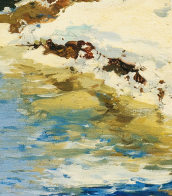
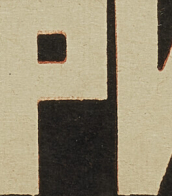
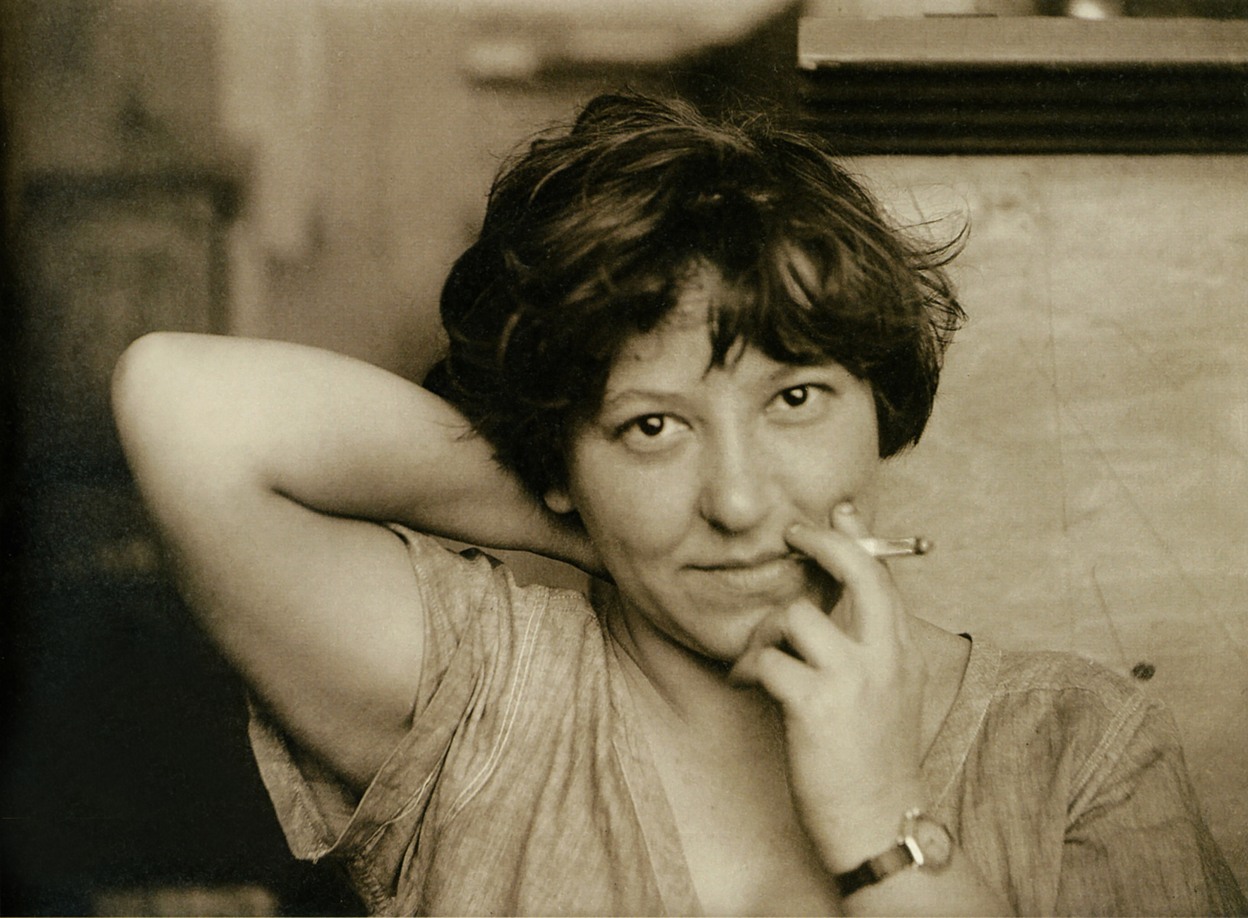
Varvara Fyodorovna Stepanova (Russian: Варва́ра Фёдоровна Степа́нова) was a Russian artist, a key figure in the avant-garde movement, particularly within the Constructivist branch that emerged in post-revolutionary Russia. Her work spans across various domains, including painting, graphic design, textile design, and theatrical set design. Stepanova's marriage and collaboration with fellow artist Aleksandr Rodchenko played a significant role in their creative exploration, where they together embarked on endeavors that significantly influenced the constructivist and avant-garde scenes.
Stepanova's contribution to the world of art and design was profound, especially in clothing and textile design, where she innovated with her approaches to "prodezodezhda" (production clothing) and "sportodezhda" (sports clothing), integrating geometric forms and functionality over aesthetic decoration. Her designs were not just artistic statements but were deeply embedded with practicality and efficiency, aiming to serve the new socialist society of the Soviet Union. Despite facing economic restrictions that limited the mass production of her designs, Stepanova's work in the clothing industry, particularly through her theatrical costumes, showcased her unique ability to blend art with functionality, emphasizing movements and creating garments that transformed the body into dynamic compositions.
In the realm of graphic design and propaganda, Stepanova's work alongside the early Soviet campaigns to promote literacy and her contribution to the magazine "LEF" illustrate her commitment to serving societal development through art. She utilized her skills in typography and book design to support educational and revolutionary propaganda, further highlighting her multifaceted talent and her dedication to the constructivist ideals.
Stepanova's textile designs, characterized by their bold graphic designs and innovative approach to fabric production, were another area where her artistic genius shone. Working at the First State Textile Factory and as a professor of textile design, she created over 150 fabric designs that featured geometric shapes and a limited color palette, showcasing her ability to generate dynamic, multi-dimensional designs despite technological and material limitations.
Her involvement in Constructivism was marked by a clear departure from the idea of art as a spiritual activity, towards a focus on serving the revolutionary development of society. Stepanova, along with Rodchenko and others, formed the first Working Group of Constructivists, advocating for art that was directly useful for society, leading her to design clothing that rejected class and gender distinctions in favor of functional, utilitarian aesthetics.
One of Stepanova's notable contributions was to the field of photomontage, particularly through her work "The Results of the First Five-Year Plan," which utilized this technique to promote Soviet achievements. This work exemplifies how she applied constructivist principles to serve the ideals of the Soviet Union, blending art with political propaganda in a manner that was visually striking and ideologically aligned with the goals of the newly established USSR.
For collectors and experts in art and antiques, Stepanova's work remains a fascinating exploration of how avant-garde principles can be applied across different mediums and for various societal needs. Her legacy in the constructivist movement and her contributions to the avant-garde are celebrated in collections and exhibitions around the world.
To stay updated on new product sales and auction events related to Varvara Fyodorovna Stepanova, sign up for updates. This subscription ensures you remain informed about opportunities to acquire pieces linked to this pivotal figure in Russian avant-garde art.
